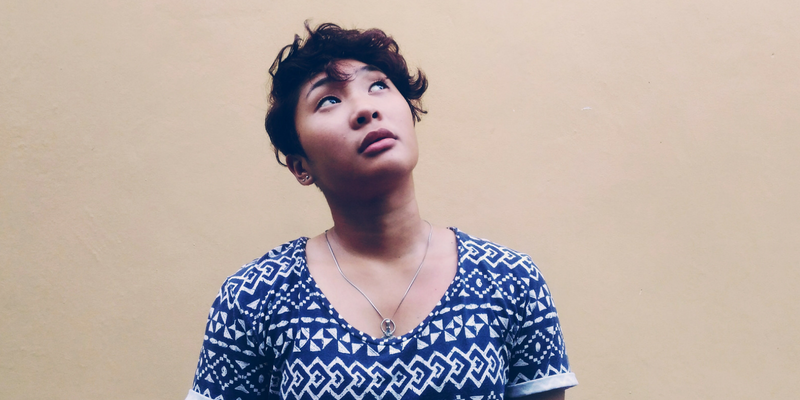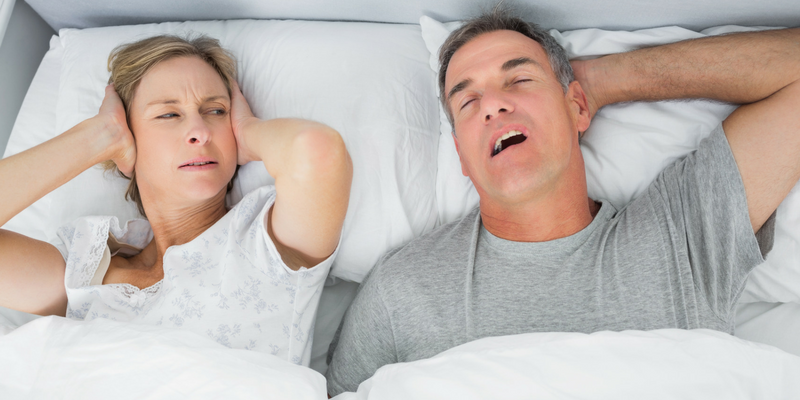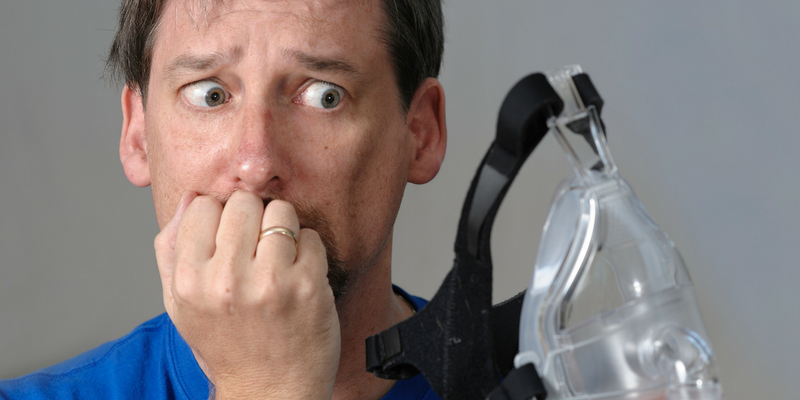
Have you ever wondered how doctors can tell if you may have a sleep disorder like sleep apnea? There are two barometers used to gauge whether you have sleep apnea or not. The Berlin Questionnaire and Epworth Sleepiness Scale were developed to assess risk factors (like your blood pressure) and persistent behaviors (like snoring) that may indicate that you have sleep apnea.
The Berlin Questionnaire was developed in 1996 to help better detect the presence of a sleep disorder, and since has become well-known for its accuracy in indicating that someone has sleep apnea. It is broken up into three categories of questions with multiple answers, some of which are “positive” answers. Each category can be “positive” with a certain number of positive answers, and these help to indicate if you have sleep apnea. For a full look at the scale, click here.
On the other hand, the Epworth Sleepiness Scale, created in 1990 in Australia bases its indication of sleep apnea by asking your likelihood of falling asleep during certain activities. For example, one of the questions is how likely it is that you would fall asleep while watching television. You would then respond on the following scale: 0- no chance, 1- slight chance, 2- moderate chance, 3- high chance. The responses are then totaled, with any score over a 10 meaning there’s a very likely chance you have sleep apnea. Here’s a closer look at the scale.
These are two simple tests used by doctors everywhere to indicate the presence of sleep apnea or another sleep disorder. However, these test are not used to officially diagnose sleep apnea. If you have a positive test, your doctor may recommend you for a sleep test for an official diagnosis.
If you think you or someone you know may have sleep apnea, share this post with them and ask them to schedule an appointment with their doctor.



